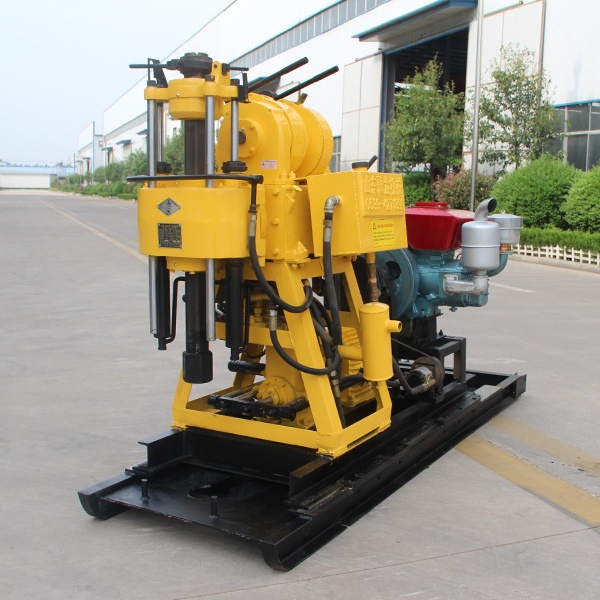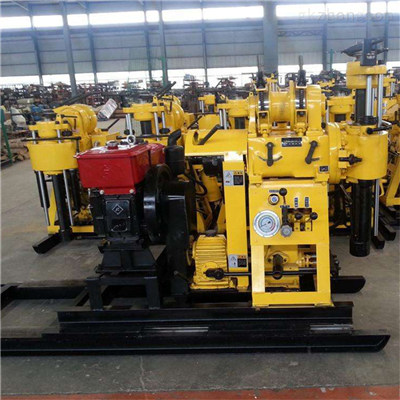Geological core drilling is a technique used in geology and mineral exploration to obtain cylindrical samples, called cores, from beneath the Earth’s surface. These cores are extracted from rock formations, sediment layers, or mineral deposits to study the properties, composition, and structure of the subsurface materials. The process is crucial for a wide range of applications, including resource exploration (e.g., oil, gas, minerals), environmental studies, geotechnical investigations, and scientific research.
How It Works:
- Drilling Equipment: A drilling rig is used to bore a hole into the ground. The rig is typically mounted on trucks or specialized equipment depending on the location and depth of the drilling site.
- Core Barrel: The drilling process involves a core barrel, a hollow tube with a sharp cutting edge, that is used to cut through the rock. The core barrel is designed to collect the rock sample (core) as the drill advances into the Earth.
- Drill Bit and Rotational Motion: The drill bit is rotated, and the cutting edges break through the rock layers. As the drill bit moves deeper, the core barrel captures the cut rock in a cylindrical shape, which is then retrieved from the borehole.
- Core Extraction: After a section of the core is drilled, it is carefully extracted and transported to the surface for analysis.
- Core Logging: Once the core is retrieved, geologists log the sample by examining its color, texture, mineral content, and any fossils or other geological features it might contain. This provides valuable information about the subsurface conditions, which can help in understanding the geology, hydrogeology, or potential for natural resources.
Applications:
- Mineral Exploration: To assess the size, grade, and distribution of minerals, such as gold, silver, copper, etc.
- Oil and Gas: To evaluate the geological formations and determine the potential for oil or gas reservoirs.
- Environmental and Hydrological Studies: To investigate groundwater movement, contamination, and other environmental concerns.
- Geotechnical Investigations: To study soil and rock conditions for infrastructure projects, including buildings, bridges, and dams.
Core drilling provides direct and reliable geological data, which is often more accurate than surface sampling methods like geophysical surveys. The quality of the core samples is crucial for making informed decisions in resource exploration, environmental protection, and construction planning.
Post time: Dec-31-2024





